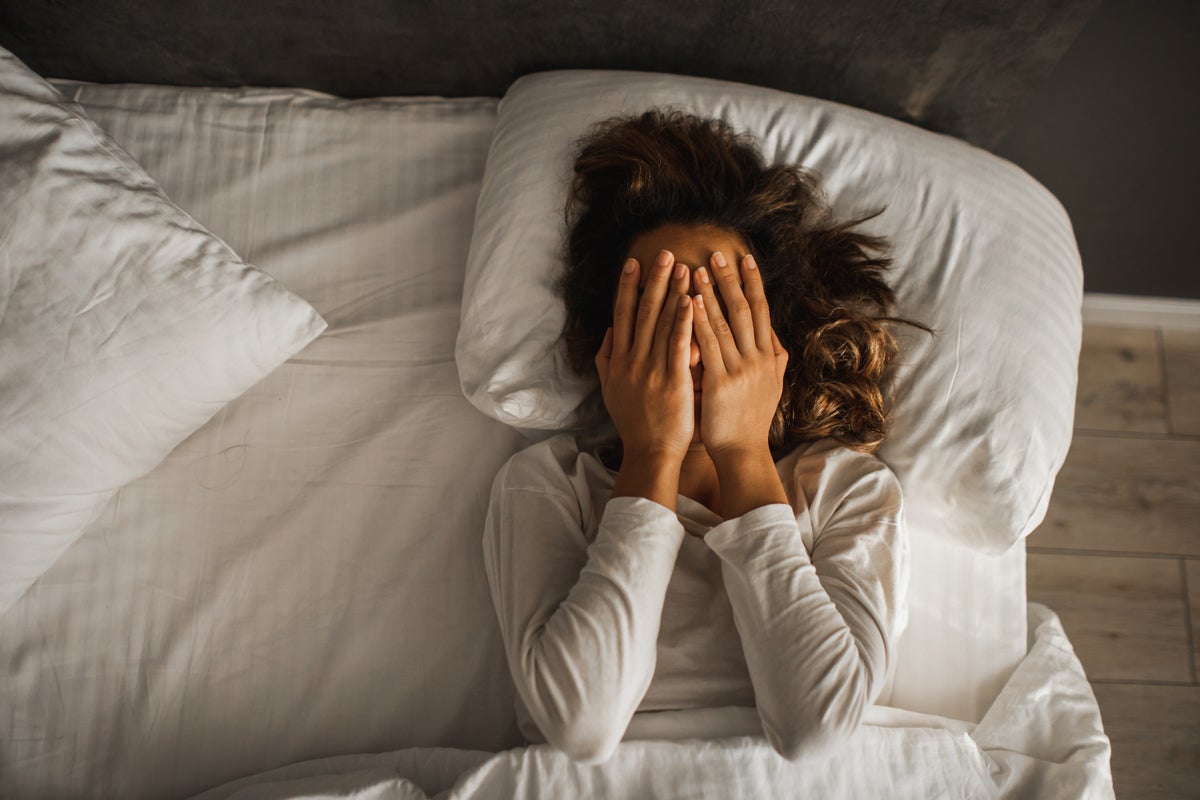
"Melatonin is a hormone that humans naturally produce, as do all other mammals, including bears, and birds. It regulates the body's circadian rhythm, the 24-hour biological clock that influences when we are sleepy or awake and alert. The body's melatonin levels fluctuate in response to lightthe brain's control center for sleep suppresses levels during the day and boosts levels at night. As the hormone circulates in the bloodstream, it tones down the signals that keep us awake, but it doesn't cause sleep."
"Melatonin supplements are generally considered safe, but some people do report headaches, dizziness or nausea after exposure. Taking too much at one time can disrupt sleep rather than improve it. Too much of the drug may also trigger something akin to a melatonin hangover the next day: lingering amounts in the blood can cause grogginess and tiredness. Supplements are sold with doses that are much, much higher than anybody is naturally producing, says Jamie Zeitzer, a sleep specialist at Stanford University."
About 70 million Americans experience sleep problems and many use over-the-counter melatonin gummies, liquids and tablets. Melatonin is a naturally produced hormone in humans and other animals that regulates the circadian rhythm, rising at night and falling during daylight in response to light. The hormone reduces wake-promoting signals but does not act as a sedative; it signals that it is nighttime. Supplements can cause headaches, dizziness or nausea, and excessive doses can disrupt sleep or produce next-day grogginess. Commercial products often contain doses far higher than physiological levels, commonly sold in five-milligram concentrations.
Read at www.scientificamerican.com
Unable to calculate read time
Collection
[
|
...
]